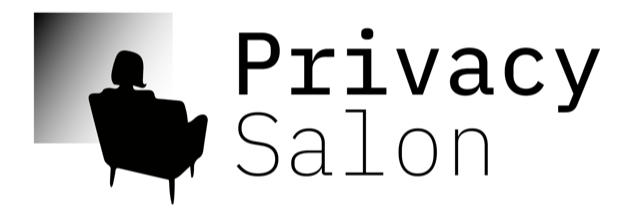Archive
Privacytopia Art Program at CPDP - 2021
The Privacytopia Art Program at CPDP showcased exhibitions, film screenings, round tables and artist talks related to topics of privacy and data protection. Over 10 artists and creative projects presented their work, including Yasmine Boudiaf, Tactical Tech, Emmanuel Van Der Auwera, Martine Stig, Andy Wauman, Frederik De Wilde, and Faisal Hussein.
Studio of artist Marijn Bril in the virtual CPDP world in Gather Town
Mensch Machine Exhibition - 2020
The exhibition Mensch Maschine touched on elements of machine learning fundaments: the feed, the successes, as well as the failures. News about technological development seem to be generally positive. However, critical journalism and research are teaching us about machine learning as a biased and even discriminating entity. The exhibition has been developed specially for the Computer, Data & Privacy Protection conference 2020. The show has been curated by Art & Events Director at Privacy Salon Thierry Vandenbussche and took place in January / February 2020 at Botanique, Brussels
Artistes : Adina Camhy (AT), Heather Dewey-Hagborg (US), Dasha Ilina (RU), Mélodie Mousset (FR/CH), Lucie Planty (FR), Jenna Sutela (FI), Joanna Zylinska (UK) & Constant (BE).
Mensch Maschine Or Putting Parts Together (film still), 2019 © Adina Camhy
Faceless: Re-inventing Privacy Through Subversive Media Strategies - 2019
At the 2019 CPDP Conference, Artist, researcher and curator Bogomir Doringer (Artistic Research PhD, University of Applied Arts Vienna) presented his ongoing project FACELESS that was published by de Gruyter, the book "Faceless: Re-inventing Privacy Through Subversive Media Strategies". The project looks into a ritual of masking, attached to creative arts in contemporary post-9-11 society. The contributions to this book explore a phenomenon that appears to be a contradiction in itself – we, the users of computers, can be tracked in digital space for all eternity. Although, on the one hand, one wants to be noticed and noticeable, on the other hand, one does not necessarily want to be recognized at the first instance, being prey to an unfathomable public, or – even less so – to lose face. The book documents artistic and other strategies that point out options for appearing in the infinite book of faces whilst nevertheless avoiding being included in any records. The desire not to become a mere object of facial sell-out does not just remain an aesthetic endeavour. The contributions also contain combative and sarcastic statements against a digital dynamic that has already penetrated our everyday lives.
© Lisette Appeldorn for the book Faceless: Re-inventing Privacy Through Subversive Media Strategies
With Bogomir Doringer, Gloria González Fuster (Vrije Universiteit Brussel LSTS (BE)) and Paul De Hert (Vrije Universiteit Brussel LSTS (BE) & Tilburg University TILT (NL)
Watch more videos on our YouTube channel!
The Glassroom Experience - 2018
In 2018, Privacy Salon and Muntpunt presented a new edition of The Glass Room Experience (a concept by Tactical Technology Collective). The central theme will be the Internet of Things. Earlier, The Glass Room Experience was also on show in London, New York, Warsaw… The Glass Room Experience explores the companies and mechanisms that make our everyday technologies as well as connect the Internet of Things (IoT). Participants could play Fake or Real to see how smart they are in the world of smart devices and find out more about what’s really happening behind the screen in The Internet You Don’t See.
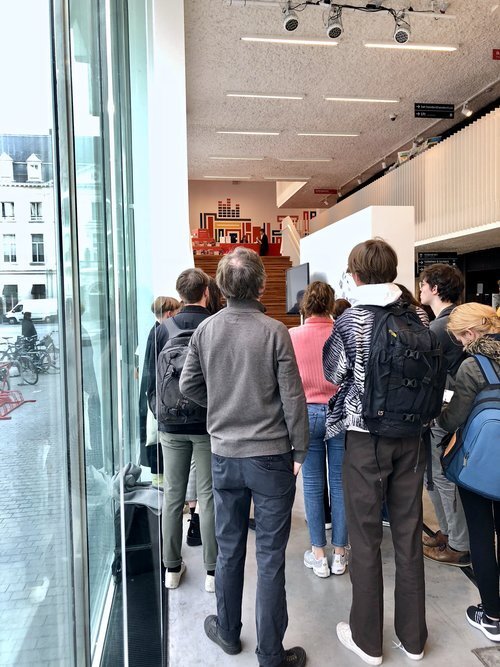
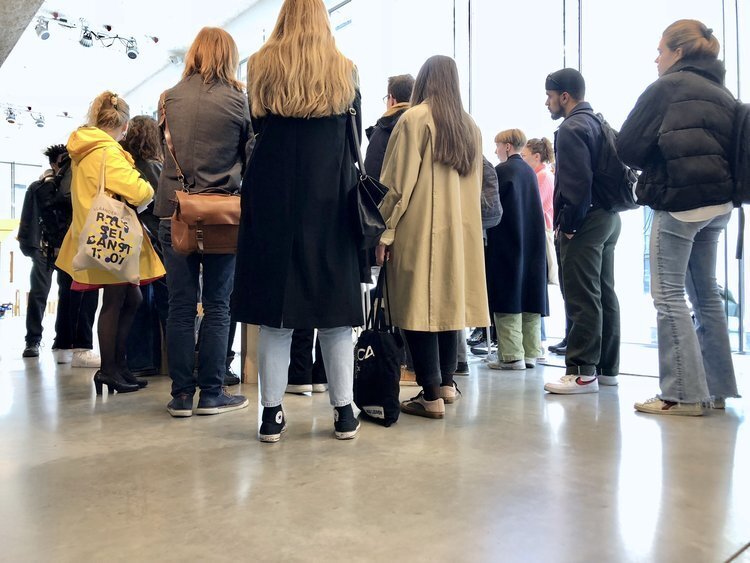
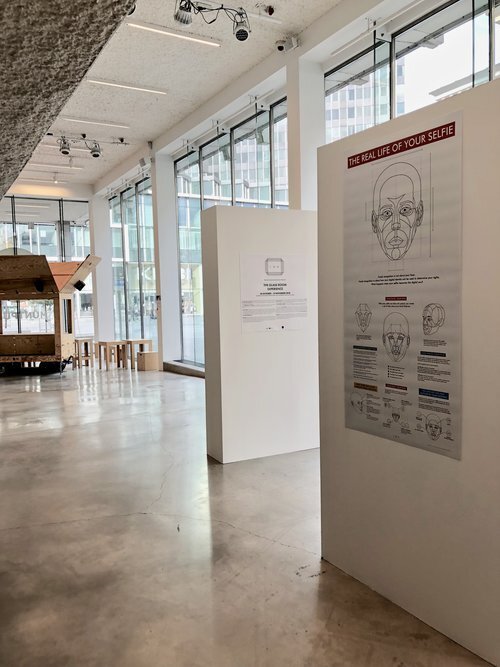
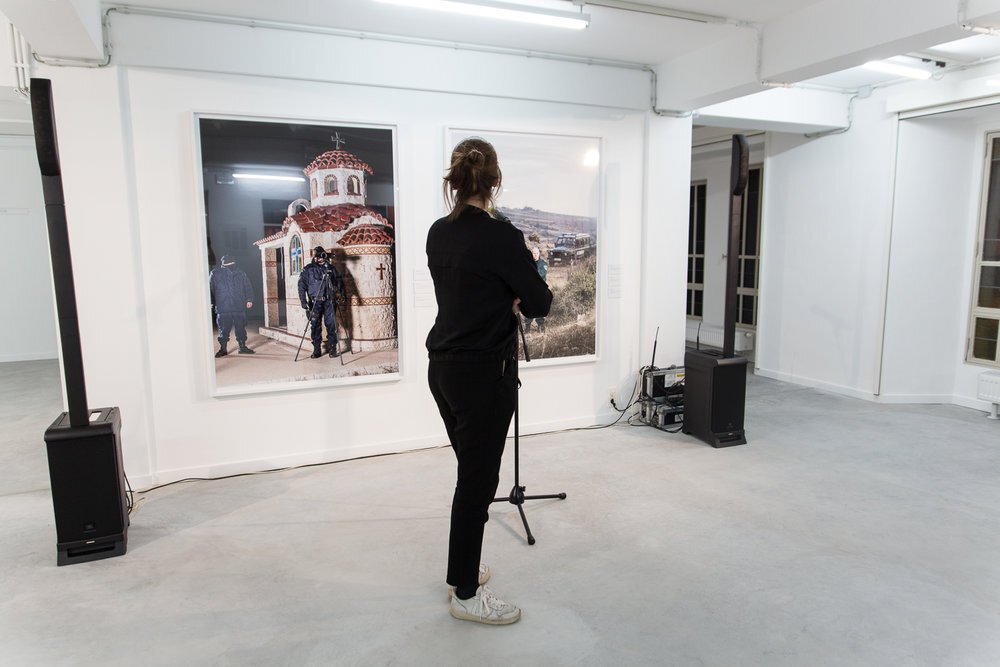
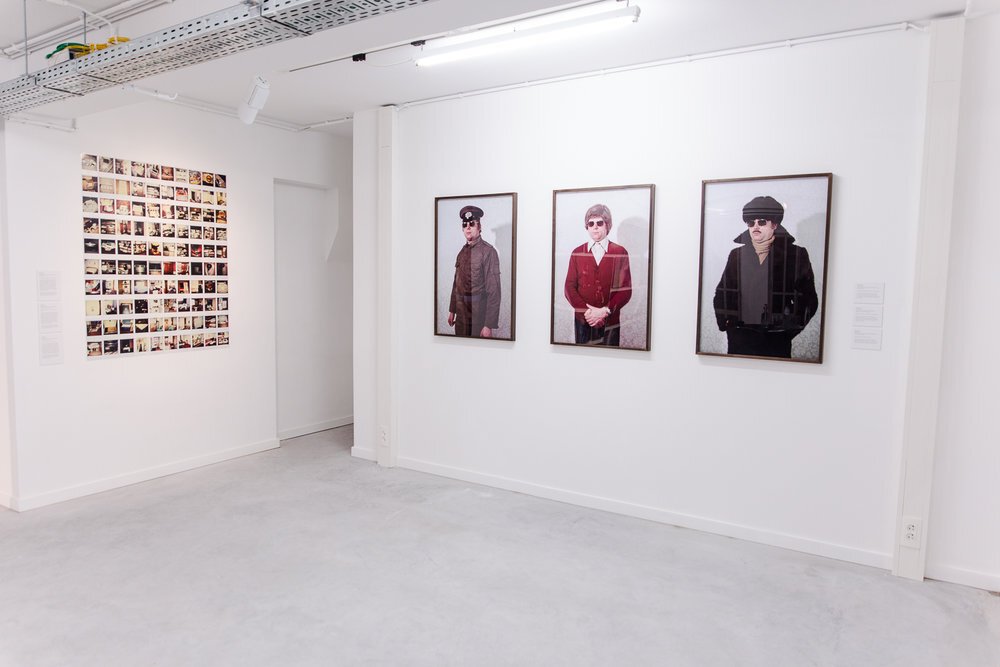
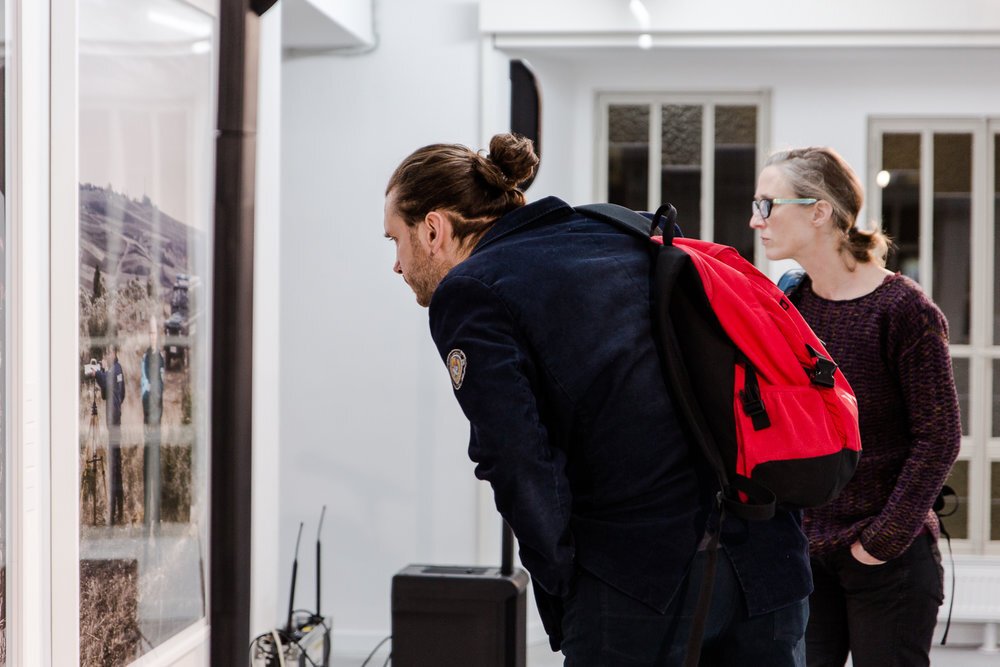
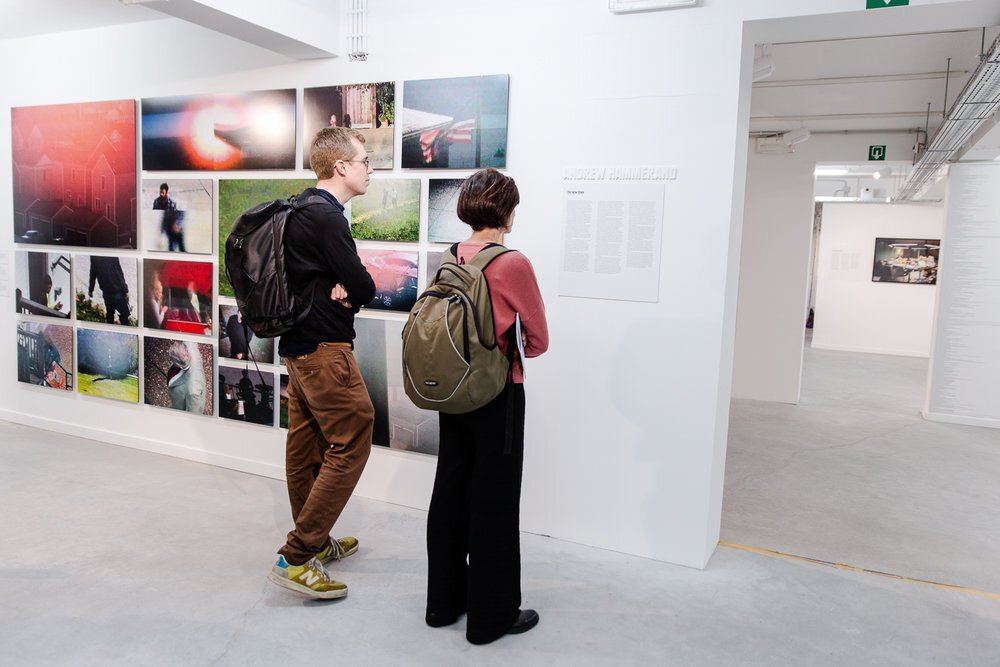
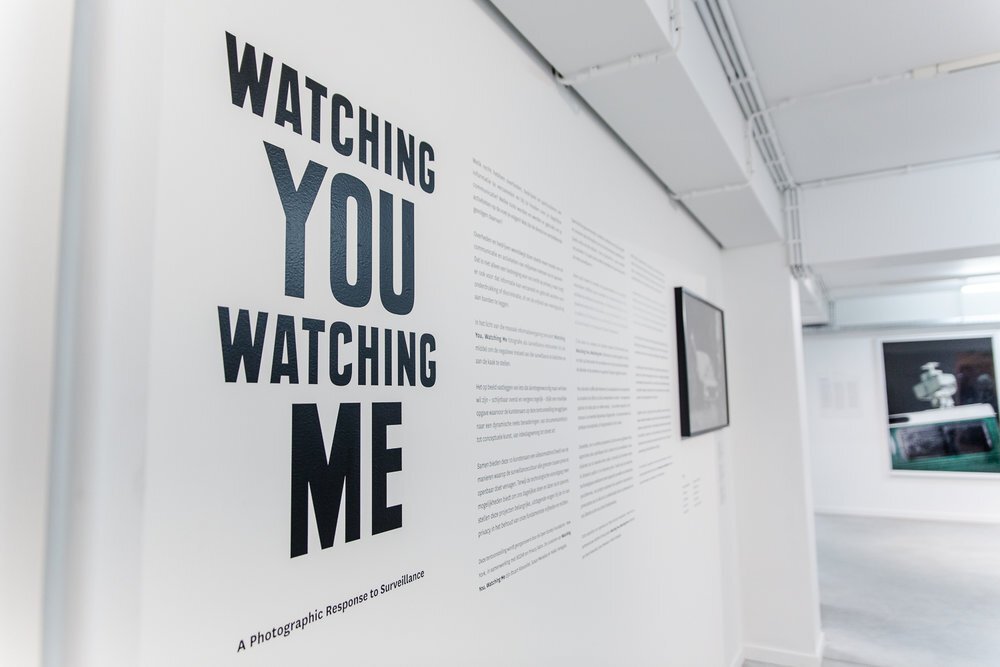
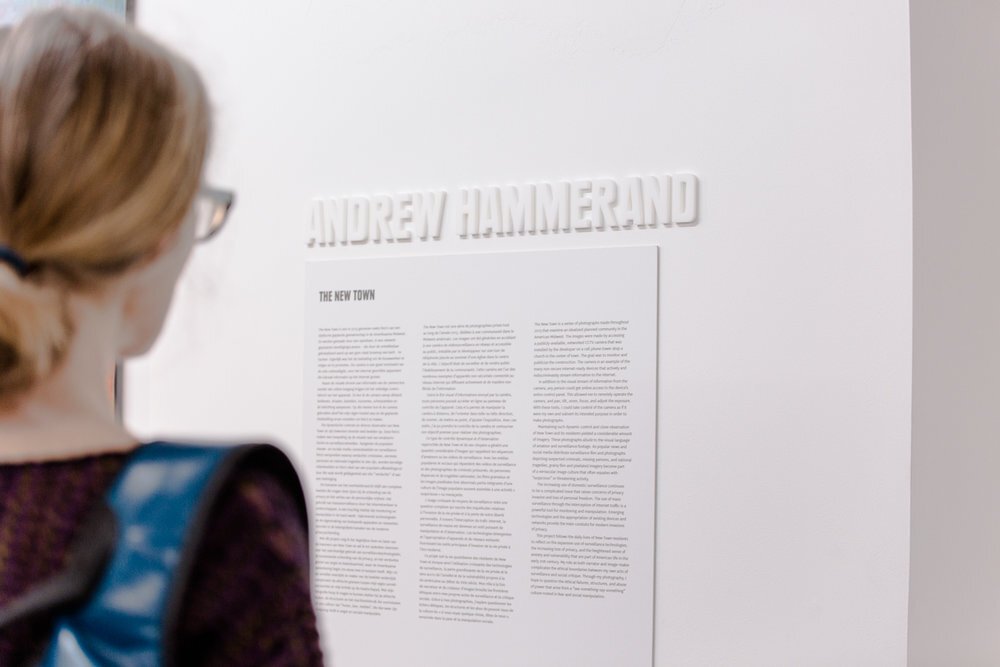
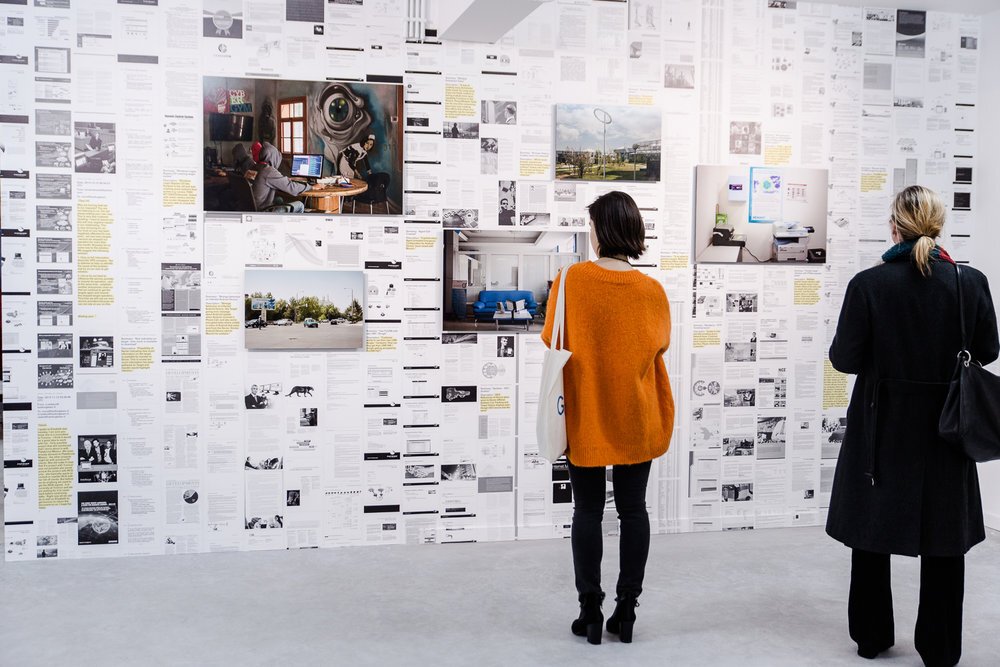
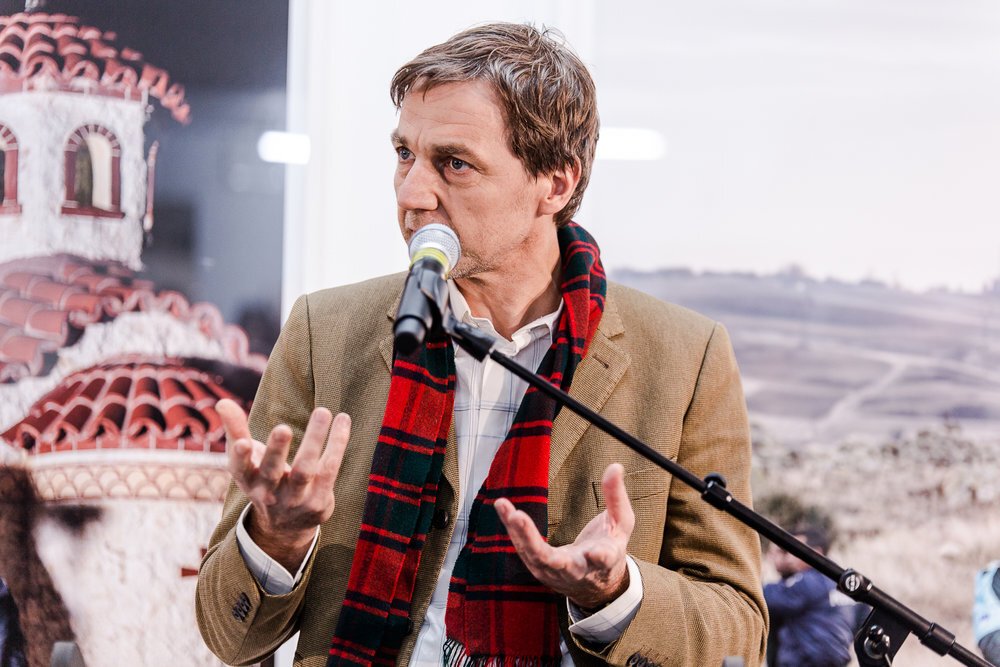
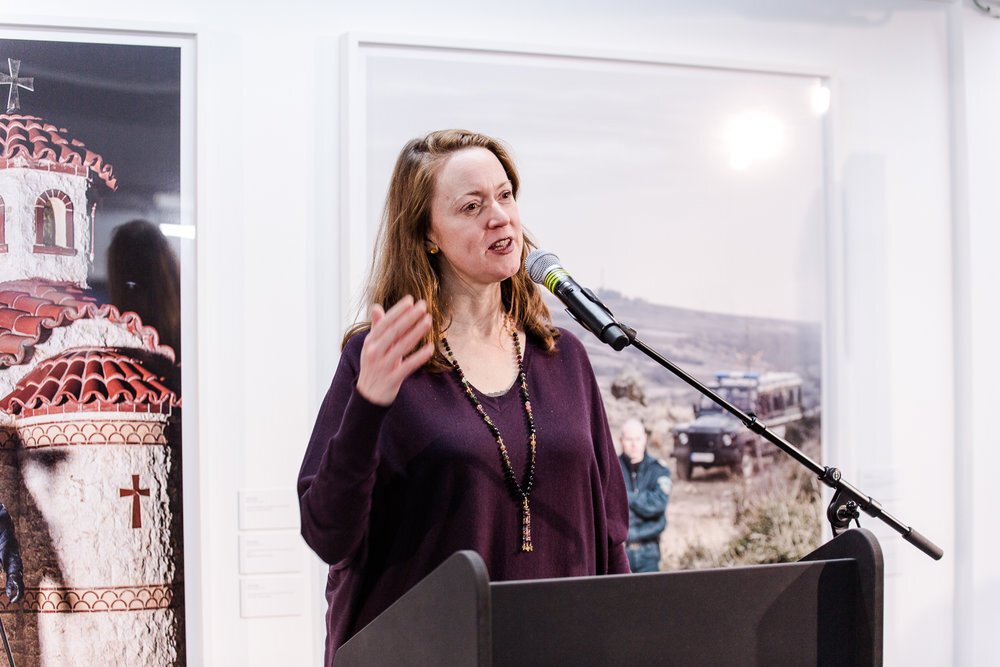
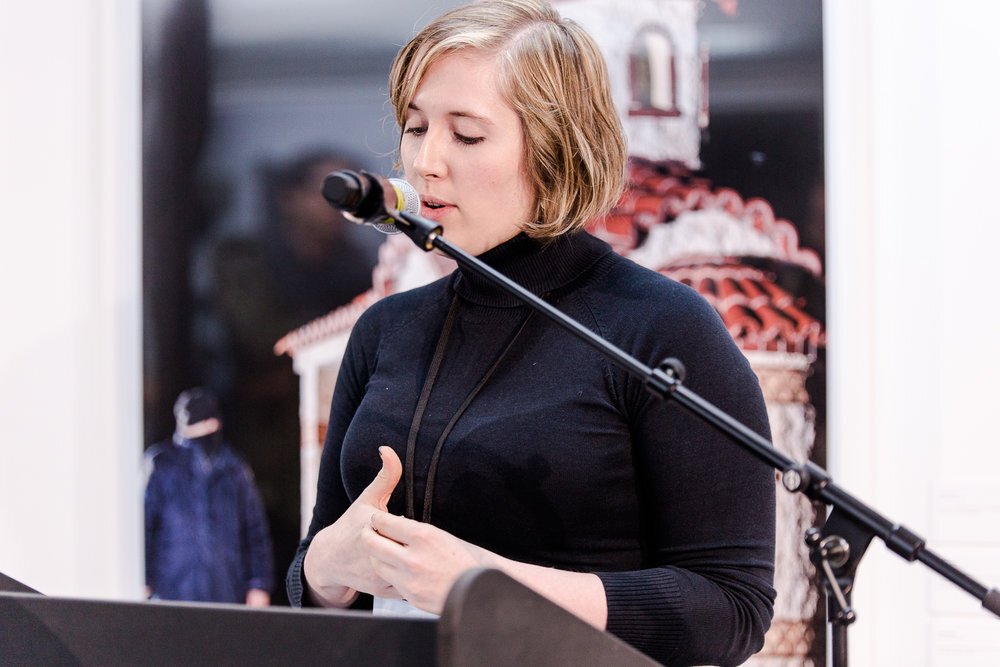

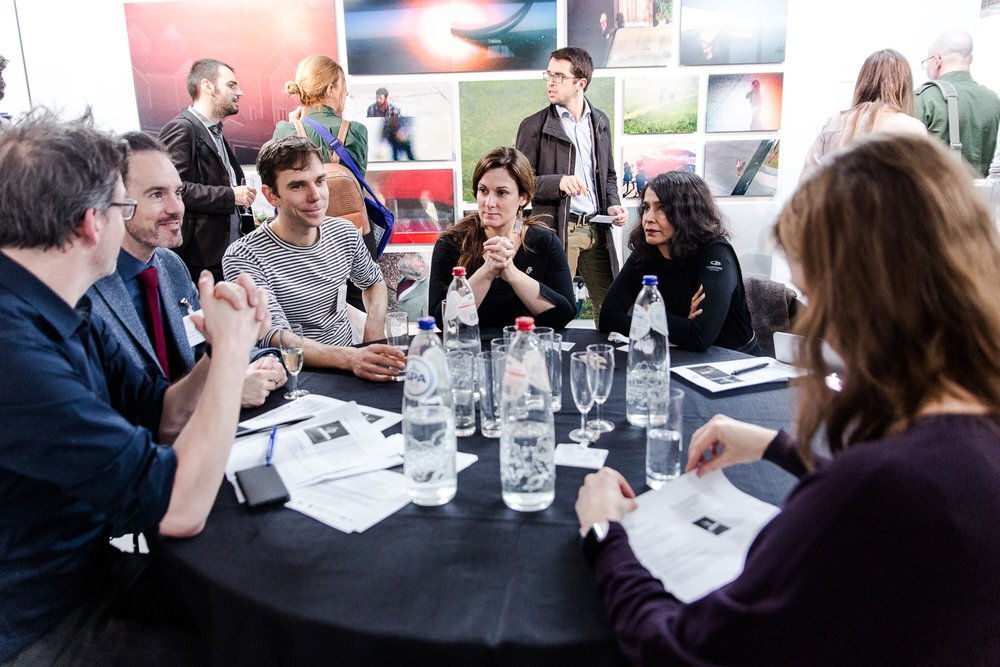
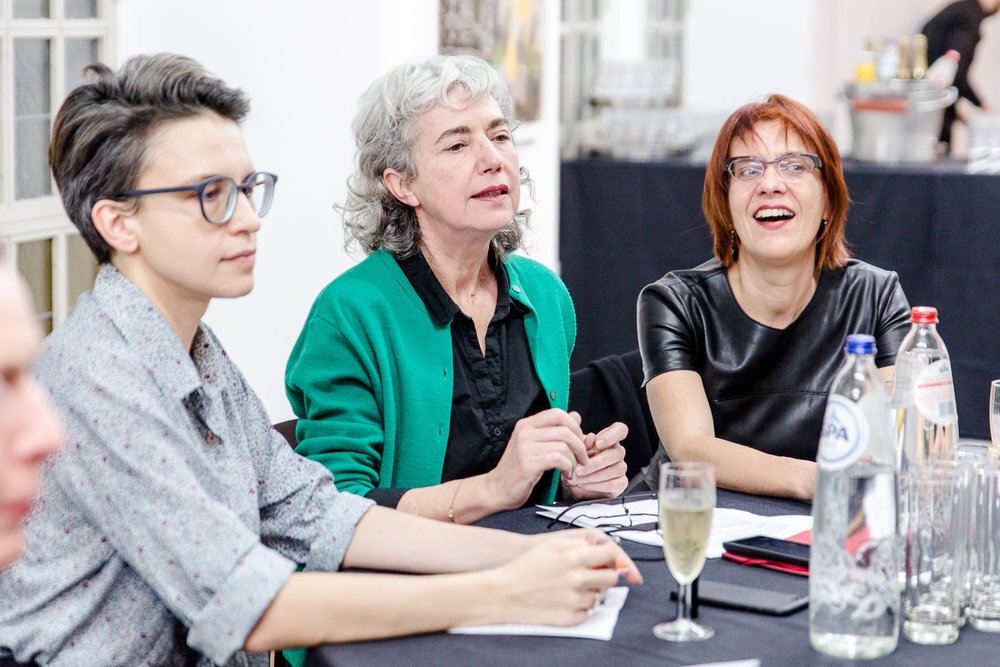
Watching You, Watching me exhibition - 2018
Watching You, Watching Me explored the intersection between photography and surveillance. Employing a dynamic range of approaches—from documentary to conceptual practice, from appropriation to street art—10 artists provide a satellite-to-street view of the ways in which surveillance culture blurs the boundaries between the private and public realm. The exhibition looked into how photography can be both an instrument of surveillance and a tool to expose and challenge its negative impact. In tackling the inherent difficulty of visualizing something that is meant to be both omnipresent and covert—seemingly everywhere and nowhere at the same time—the artists in this exhibition employ a dynamic range of approaches.
The exhibition was organized by Open Society Foundations - New York in cooperation with Privacy Salon and Bozar within the context of the 11th International Conference Computers, Privacy & Data Protection: The Internet of Bodies.
Photos by Lucile Dizier
Painted by Numbers Installation - 2018
At the center of Painted by Numbers Installation are artists, scientists, and activists who provide different perspectives on new algorithmic realities: are algorithms truly rational or do we only perceive them as such? Do they lack transparency? Are algorithms already shaping our cognitive processes? Interview excerpts are arranged according to theme in six channels: Rationality, Prediction, Agency, Regulation, Politics, and Culture, and visible on six different screens. The interviewees' statements are not shown in a linear way, but create an open structure. This way, each viewer can choose an individual path in a cloud of overlaying audio and in a space of intersecting visual inputs. Realized by Konrad Becker and Felix Stalder, World-Information Institute with support by Privacy Salon within the context of the 11th International Conference Computers, Privacy & Data Protection: The Internet of Bodies.
Photos by Sam Wodinski
Privacytopia Binary - 2017
The Search Machine by The Museum presents a series of diptychs of images that circulate online. Vernacular images produced by anonymous performers and images of historicised contemporary art works. In this installed fabel, online depictions of contemporary art works are found algorithmically through formal analogies when introducing images of anonymous performances in a fictional search machine operative in the most comprehensive of all museums. Next to the Search Machine, the exhibition presents two projects by Addie Wagenknect in collaboration with Pablo Garcia. In Webcam Venus, sexcam performers replicate iconic works of art. This is an experimental homage to both fine arts and the lowbrow internet phenomenon of cams. Webcams and chat interfaces were used to connect amateur adult performers with an audience. brbxoxo cuts these performers out of the picture entirely, focusing instead on the small boxes which contain their lives: empty beds, home offices full of family photos, chairs draped in fabric, and all kinds of bleak carpeted interiors.
Organised by Privacy Salon and Bogomir Doringer in partnership with CPDP2017 and De Markten.
Faceless Exhibition - 2015
Curated by artist Bogomir Doringer in support of Brigitte Felderer from the Applied Arts Academy in Vienna, FACELESS was an exhibition exploring a phenomenon present all around us: the fashion of facelessness that first appeared in the creative arts at the beginning of this century and has remained popular since then. The exhibition reminds us of the impact that media-generated images can have on the creative arts and the ways in which they respond to public images, pop culture, and the mainstream in general. The exhibition shows, the appeal that hiding, veiling, or masking the face exerted on art and fashion after 9/11. The fear of terrorist attacks led to a change in security concepts and the installment of surveillance systems in public spaces – presented to us as if for our own safety. As a result, we feel that our faces are becoming "compressed" and exposed. The only way for us to regain this lost privacy is through subversive media strategies or by reinventing privacy. By wearing a “mask” we form a collective critical body.
In De Markten, FACELESS was presented in a smaller format as a media laboratory open on the invitation of and as part of the 8th Computers, Privacy and Data Protection conference. The exhibition successfully merges art and fashion in the context of a subject that is of collective urgency and importance.
A look inside: Surveillance Art - 2013
On January 28, the world celebrates Privacy Day, a day in which events are held around the world to recognize the importance of privacy for our human values and fundamental freedoms. This exhibition was an initiative of several institutions who see art as an ideal and precious tool for creating awareness about privacy: Privacy Salon, deBuren, De Markten, European Data Protection Supervisor, Privacy Commission of Belgium, the Permanent Representation of the Republic of Poland to the European Union, SMartBe and the interdisciplinary Research Group on Law Science Technology & Society of the Vrije Universiteit Brussel. Curated by Jeroen De Meyer and Bart De Melker.
Photos by Leen Lagrou
